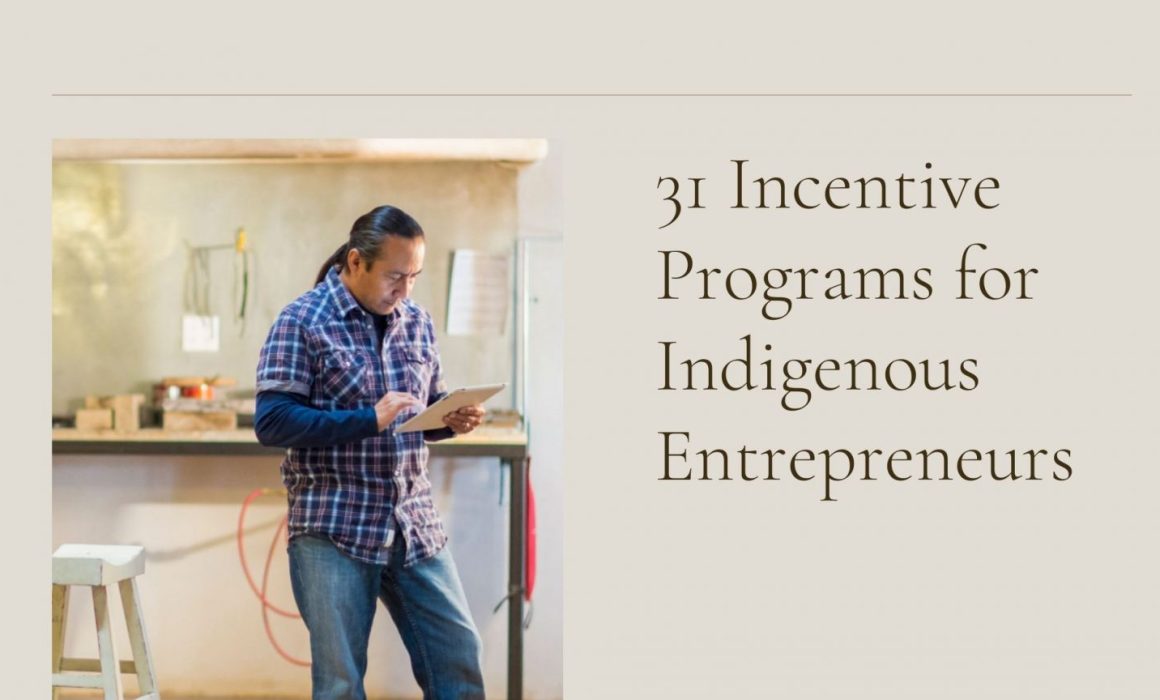In 2024, Nova Scotia presents a comprehensive landscape of funding opportunities for Indigenous entrepreneurs. These programs span various purposes, from supporting Indigenous youth and women to fostering collaborative business ventures. Many of these programs are stackable, allowing entrepreneurs to combine different sources of funding for maximum benefit. They cover a multitude of expenses, including operating costs, capital expenditures, and microloans for craft supplies, ensuring a suitable program for every business need.
Extended Overview of Nova Scotia-Based Funding Programs for Indigenous Entrepreneurs in 2024
- Aboriginal Community Development Fund (ACDF):
- Supports community-led initiatives and projects that generate community economic benefits for Nova Scotia Mi’kmaq and other Aboriginal people.
- Focuses on a variety of business, cultural, social, ecological, and economic development activities.
- Intended to leverage other resources within and outside of government to support diverse projects and initiatives that are community-led and First Nation-driven.
- Aboriginal Entrepreneurship Program (AEP):
- Provides access to capital and business opportunities to Indigenous entrepreneurs and business owners in Canada.
- Aims to increase the number of viable businesses owned and controlled by Indigenous people.
- Funds a broad range of entrepreneurial pursuits and aims to build capacity, reduce barriers, and increase access to capital.
- Offers two streams: Access to Business Opportunities and Access to Capital, with funding up to $500,000 for eligible activities.
- Arts Nova Scotia Funding Programs:
- Supports the creation of new works by professional artists in all disciplines including fine crafts, literary, visual, media, and performing arts.
- Prioritizes professional artists and arts organizations in the province, offering various grant opportunities to support artistic creation and development.
- Nova Scotia Arts and Culture Partnership Council:
- Additional Federal and Provincial Incentives:
- Various other federal and provincial programs provide funding and support for Indigenous entrepreneurs in Nova Scotia.
- These programs offer non-repayable funding, low-interest loans, grants, and other financial incentives tailored to the needs of Indigenous business owners.
In 2024, Indigenous entrepreneurs in Nova Scotia have access to an array of funding opportunities designed to foster business development and growth. These incentives, from federal and provincial programs, offer substantial support for a wide range of business needs. This financial support encourages Aboriginal business owners to pursue their entrepreneurial goals, ultimately enhancing their business ventures and contributing to the broader economic landscape of Nova Scotia.




Recent Comments